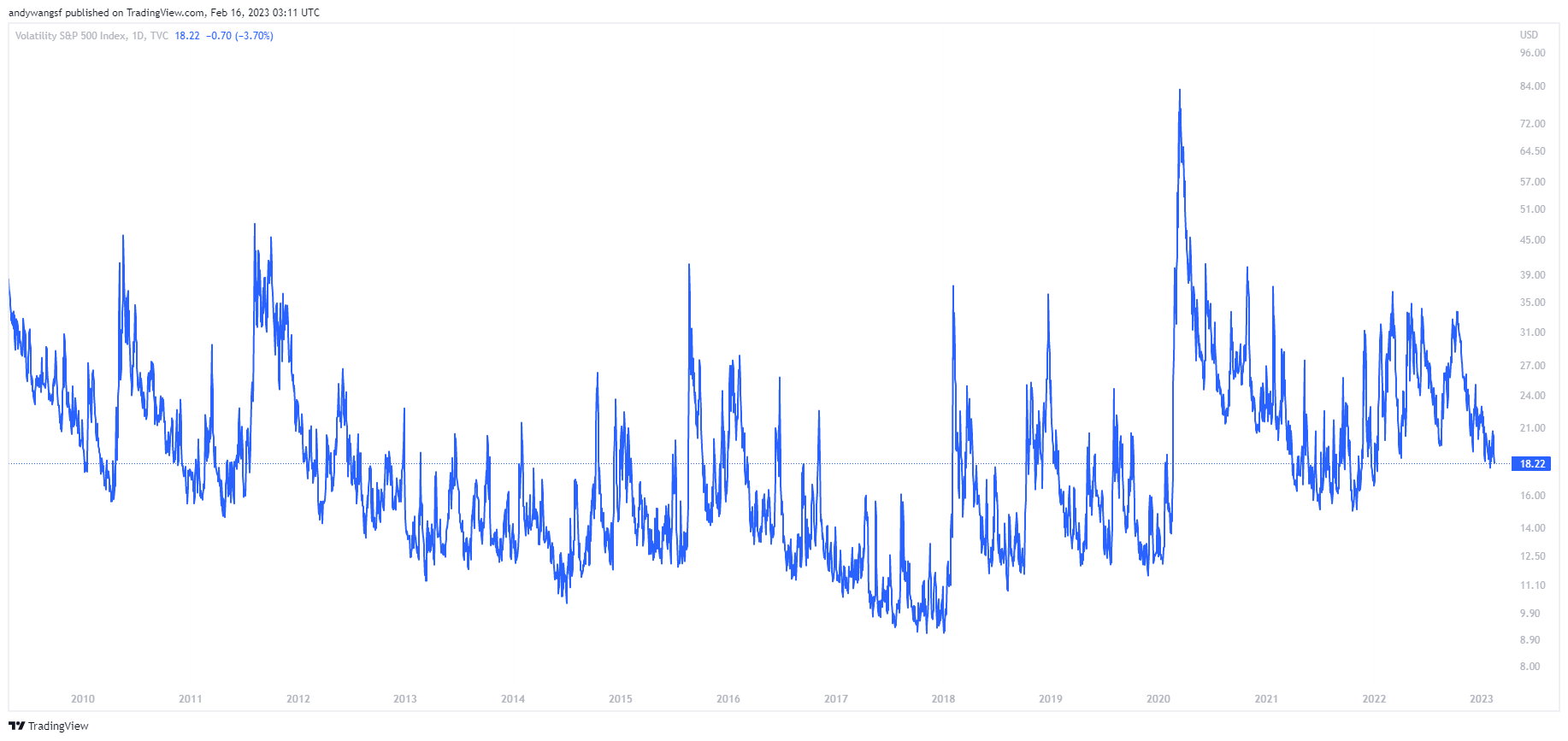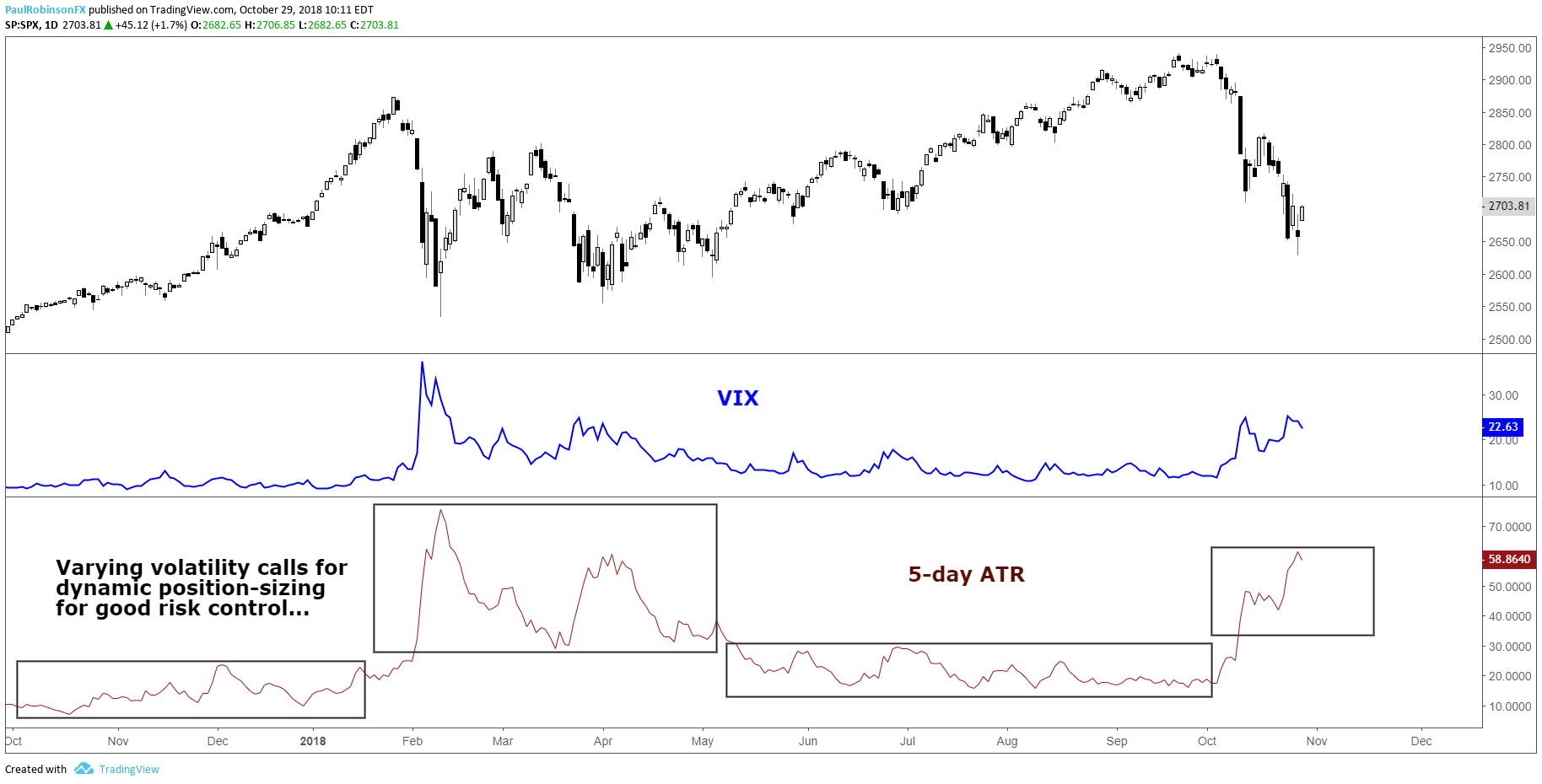
The world of investing is complex and ever-changing, with numerous factors influencing market trends and investor decisions. One key indicator that has gained significant attention in recent years is the CBOE Volatility Index, commonly referred to as the VIX. But what does the VIX measure, and how does it impact investment strategies? In this article, we'll delve into the world of the VIX, exploring its definition, calculation, and significance in the investing landscape.
What is the CBOE Volatility Index (VIX)?
The CBOE Volatility Index, or VIX, is a benchmark index created by the Chicago Board Options Exchange (CBOE) to measure the expected volatility of the S&P 500 Index over a 30-day period. Often referred to as the "fear index," the VIX reflects the market's expected volatility, providing investors with a gauge of potential market fluctuations. The VIX is calculated based on the prices of call and put options on the S&P 500 Index, which are used to estimate expected volatility.
How is the VIX Calculated?
The VIX calculation is based on a complex formula that takes into account the prices of call and put options on the S&P 500 Index. The formula uses a weighted average of option prices to estimate the expected volatility of the S&P 500 over a 30-day period. The resulting value is a percentage that represents the expected annualized volatility of the S&P 500. For example, a VIX value of 20 indicates that the market expects the S&P 500 to fluctuate by approximately 20% over the next 30 days.
What Does the VIX Measure in Investing?
The VIX measures the market's expected volatility, which can be influenced by various factors, including economic indicators, geopolitical events, and market sentiment. A high VIX value indicates that investors expect significant market fluctuations, while a low VIX value suggests that investors expect relatively stable market conditions. The VIX can be used as a tool for investors to gauge market sentiment and make informed investment decisions.
Interpreting VIX Values
VIX values can range from 10 to 40 or more, with values below 20 generally indicating low volatility and values above 30 indicating high volatility. Here are some general guidelines for interpreting VIX values:
Low VIX (below 15): Indicates low expected volatility, suggesting a stable market environment.
Moderate VIX (15-25): Indicates moderate expected volatility, suggesting a relatively stable market with some potential for fluctuations.
High VIX (25-40): Indicates high expected volatility, suggesting a potentially turbulent market environment.
Extremely High VIX (above 40): Indicates extremely high expected volatility, suggesting a highly uncertain market environment.
The CBOE Volatility Index (VIX) is a valuable tool for investors, providing a gauge of expected market volatility. By understanding the VIX and its significance, investors can make more informed decisions and navigate the complex world of investing with greater confidence. Whether you're a seasoned investor or just starting out, the VIX is an important indicator to watch, offering insights into market sentiment and potential market fluctuations. As the investing landscape continues to evolve, the VIX will remain a key benchmark for investors seeking to unlock market sentiment and make informed investment decisions.
Note: This article is for general information purposes only and should not be considered as investment advice. It's always recommended to consult with a financial advisor or conduct your own research before making investment decisions.









